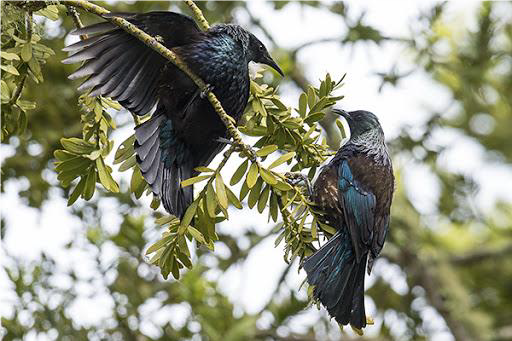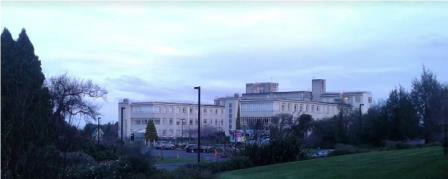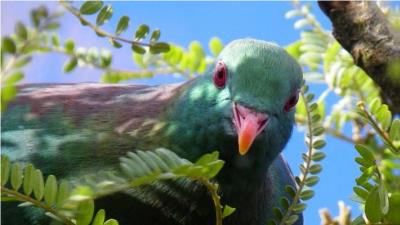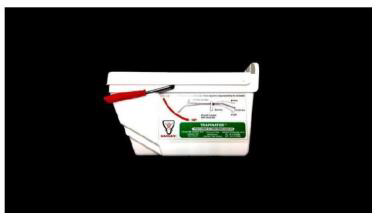Project Kereru: A Story of Traps in Forensic Mental Health
Have you noticed the return of native bird life on the Wakari hospital grounds?
Bird lovers in the direct neighbourhood of the hospital have, with more frequent sightings and birdsong being reported to the groundsman. This is in no small part attributable to the efforts of Joe*, a special patient and resident on ward 9A.
Joe is a typical grassroots hunting and fishing guy, kiwi to the core. He has an innate love for the outdoors and is passionate about the conservation of New Zealand’s natural beauty. He is also a Special Patient under Section 24(2)(a) of the Criminal Procedure (Mentally Impaired Persons) Act 2003.
As a special patient, Joe is in hospital until his treatment team and the Ministry of Health consider his risk of relapse and potential reoffending is safely managed. If it is anything, the forensic mental health care pathway is rigid, bound by the restrictions of legislative acts to protect both the individual and the wider community.
Once a person is found not guilty by reason of insanity it is a long journey back. Meaningful occupation in this environment is critical to the individual’s eventual reintegration into the community. It is through the act of doing that change is initiated and maintained. This story illustrates the results possible when an opportunity for engagement is forged outside of traditional care pathways.
Joe and his team were searching for opportunities to volunteer locally, a common transition step for special patients as they are granted categories of leave. Volunteering sits in a sweet spot between opportunity for engagement and potential to contribute positively to the community. For such a role to be successful it needs to hold value and meaning, present an opportunity to utilise or develop a skill set and allow for some sense of achievement.
With his keen interest in the outdoors and conservation, Joe was specifically interested in doing volunteer work for an environmental organisation in Dunedin. Several inquiries lead to a placement in a weekly gardening group at a local bird hospital, Project Kereru. Here, coordinator Nik Hurring has turned a love for kereru into a passion project, nursing injured birds back to health, then releasing them back into the area they came from. The local branch of the Royal Forest & Bird Society (RF&B) run a working bee once per month, and Joe was offered an opportunity to join this group. This quickly became a weekly activity, focussed on assisting to maintain a trap line.
Getting Multi-Disciplinary Team and Ministry of Health approval for a special patient to kill anything, even an identified pest, was a challenge to say the least. This required gathering evidence to support the use of humane instant-kill traps, illustrate the scale of the New Zealand’s pest problem and align these with the very real possibility of paid employment as New Zealand works toward the ‘Predator free 2050’ goal.
Once approved, Joe was quickly spending three mornings per week with Nik checking the traps, a routine that is supporting his journey towards reintegration. He was up and ready to leave the ward early each morning - meaning increased structured activity. He found himself in an expert role, providing advice about predator tracking and trap location - scaffolding strong volitional motivation. Joe has been volunteering at Project Kereru for approximately 18 months now, during which time Nik and Joe have removed all manner of pests from rats and possums to some massive stoats.
Having noted significant signs of possum activity on the Wakari hospital grounds, Joe proposed, sought approval and resourced a trap line around the perimeter of the hospital grounds, with traps supplied by RF&B Otago branch. He is now up early every day, motivated by the potential of new catches. A return of structure and routine has had an impact on his overall wellbeing and capacity to operate within the strict conditions of his special patient status. Having removed close to 80 possums from the grounds of the hospital, Joe reports, with evident pride, the return of birdsong and increase in native bird sightings.
Joe has plans to expand his trapping project as his leave into the community increases. He is also at a stage in his treatment where paid employment is a reality, perhaps (with the right supports in place) even an opportunity to work maintaining conservation and biodiversity interests in New Zealand into the future.
*Not his real name.



